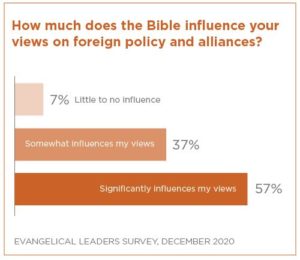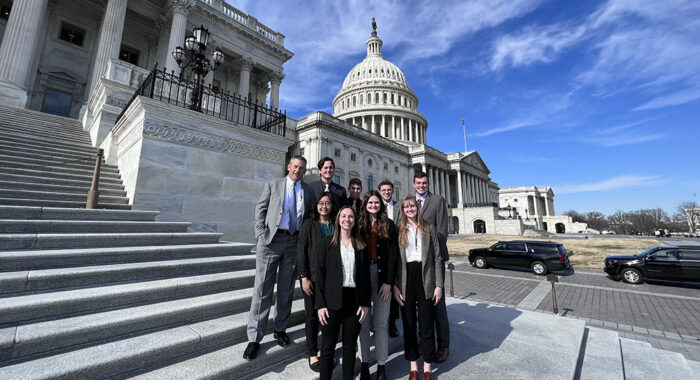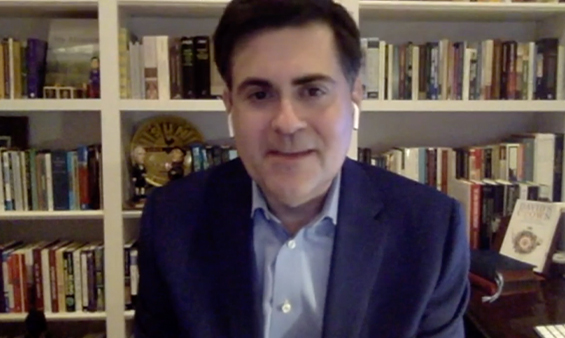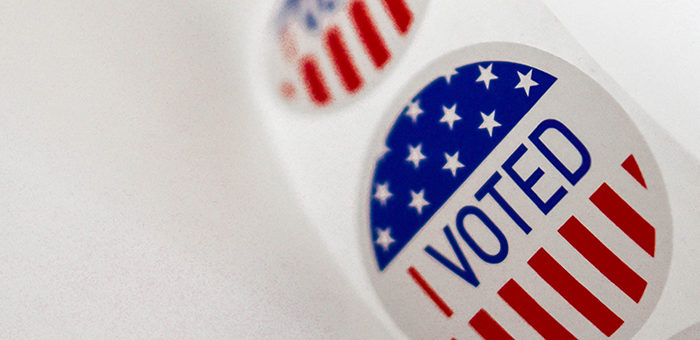
Most evangelical leaders (94 percent) said the Bible significantly or somewhat influences their personal views on U.S. foreign policy and alliances. Only 7 percent said the Bible has little to no influence on their beliefs, according to the December Evangelical Leaders Survey.
“Evangelicals take seriously Scripture’s calls to care for the vulnerable and to love our neighbors, and we recognize that ‘neighbor’ extends to those on the opposite side of the globe,” said Walter Kim, president of the National Association of Evangelicals (NAE).
Many leaders noted that they don’t believe the Bible gives specific instructions regarding policies with foreign countries, but does offer principles of engagement.
believe the Bible gives specific instructions regarding policies with foreign countries, but does offer principles of engagement.
Bryan Chapell, stated clerk of the Presbyterian Church in America, said, “Scripture is not telling us specific foreign policies or alliances our nation is to support or oppose in contemporary times; but, Scripture is giving us the standards of justice, righteousness, integrity, generosity and sound governance that should direct our leaders’ decisions and actions both domestically and internationally.”
Timothy Dalrymple, president of Christianity Today, added, “On the general ethics of international relationships and advocacy for human rights and religious liberties, among other things, the Bible has a strong influence. When it comes to the particulars of policy, it has less influence, and I’m less likely to be influenced by certain visions of the end times when it comes to foreign policy matters.”
Some leaders, like Mitch Hescox, president of the Evangelical Environmental Network, noted that the Bible should influence every aspect of life. “The Bible informs all my decisions especially in seeking justice and righteousness for all people,” he said.
A few leaders commented specifically about the relationship between the United States and Israel, as well as U.S. policies on immigrants and refugees. Gregory Johnson, president of Standing Together, said, “I see the theme of compassion for the stranger and the alien being promoted in the Old Testament. It does not recommend a borderless country with no protective measures or safety against threats, but it does command compassion for those in need and for those who seek safety from oppression. I also hold a strong commitment to the defense of Israel and blessing her as a command of God, though I do not always agree with everything Israel, as a secular nation, does.”
Steve Moore, president of nexleader, believes that America’s relationship with the modern state of Israel has been misconstrued. “I do not believe God’s special relationship with the Jewish people corresponds with the borders of the modern state of Israel in a way that rationalizes our response to the needs of the Palestinian people or the larger issues of the Middle East. I also believe our response to immigrants and refugees, at least over the last four years, has been out of touch with biblical teaching, and many grassroots evangelicals form opinions about these issues from conservative news sources instead of the Bible.”
The Evangelical Leaders Survey is a poll of the Board of Directors of the National Association of Evangelicals. They include the CEOs of denominations and representatives of a broad array of evangelical organizations including missions, universities, publishers and churches.



 View All Surveys
View All Surveys 




























